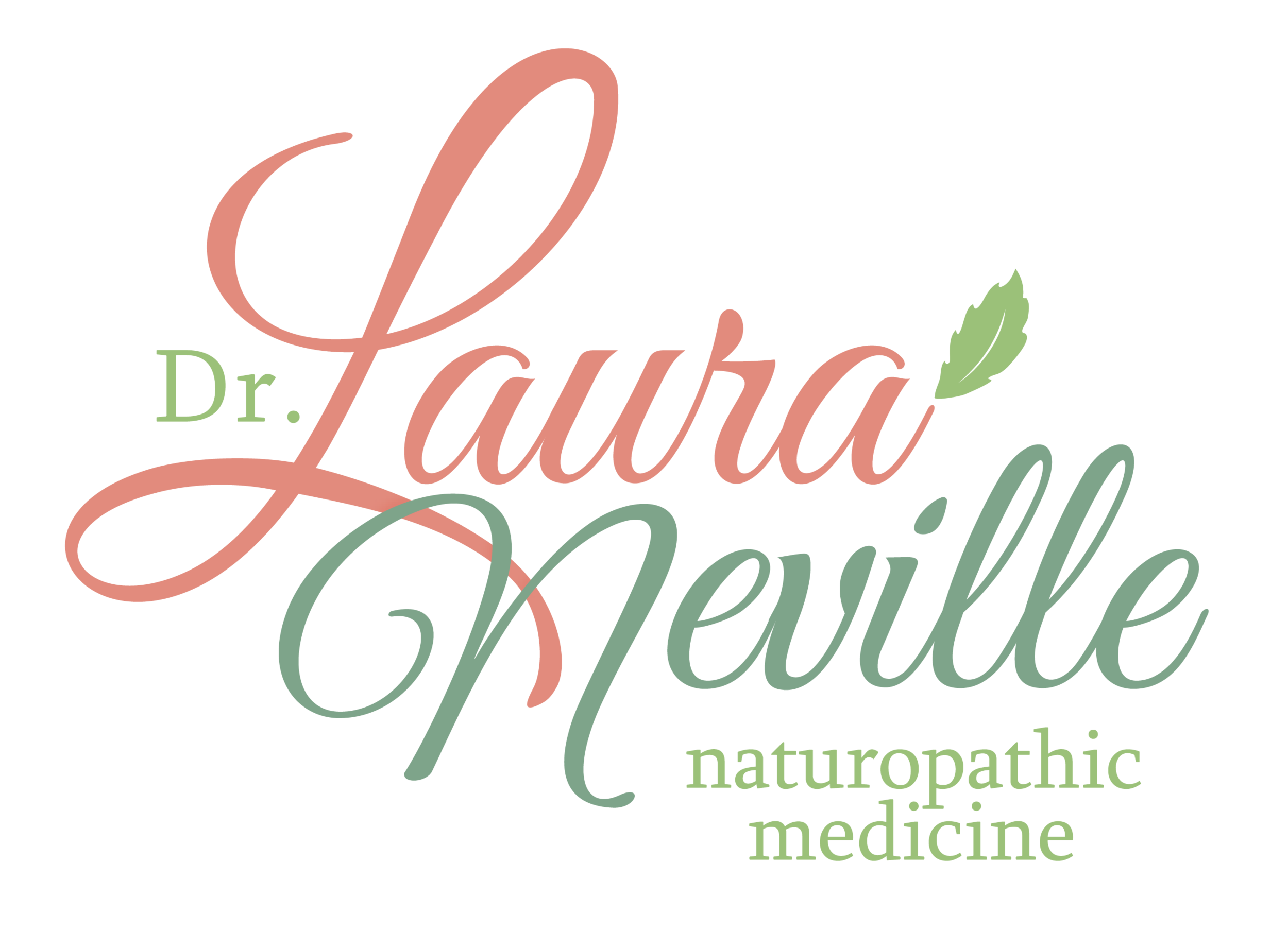Spice - Cinnamon
Most kitchen spices are energetically warming (this is different than spicy heat) and therefore improve digestion.
I've mentioned black pepper, cardamom, and star anise in the past. Now, let’s talk CINNAMON!
Taste: sweet, pungent and bitter
Action: warming
High in antioxidants (slows the aging process)
Contains 41 protective compounds (likely more will be discovered in coming years)
Improves nutrient absorption
Reduces inflammation
Protects the heart (it can reduce cholesterol and blood pressure)
Supports blood coagulation (stops excess bleeding)
Helps to regulate blood sugar levels
Improves detoxification (this can decrease joint pain)
Helps clear respiratory passages
Reduces allergens
Preserves brain function
Promotes healthy circulation
Fights infections and viruses
Improves the oral microbiome (less bad breath, tooth decay, cavities and gingivitis)
Pairs well with ginger, cloves, black pepper, nutmeg and saffron
It's highly fragrant oil is used not just in cooking, but also makes a wonderful aromatic
There are 2 main types of cinnamon:
Ceylon cinnamon - sometimes called true or real cinnamon. Comes from trees in areas like Sri Lanka and Thailand. It is more expensive and harder to find.
Cassia cinnamon - widely available and commonly used. Sometimes referred to as Saigon or Chinese cinnamon as it comes from trees grown in China. This type is less expensive.
To date, Cassia has been studied more extensively than Ceylon, but researchers think that Ceylon may actually have more health benefits.
Ceylon cinnamon contains only trace amounts of coumarin while cassia contains much more (too much of this is not a good thing). However, due to the pugent taste of cinnamon, it's VERY hard to overdo it unless you are using cinnamon supplements in excess.
Ways to use:
Sprinkled in oatmeal
In yogurt or baked goods
In savory dishes like soups or stews
In a coconut-vanilla smoothie
My favorite - adding to a green smoothie to balance the strong "green" flavor
💕
Dr. Laura Neville

